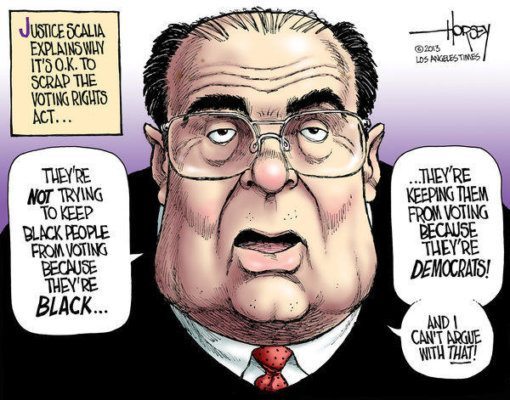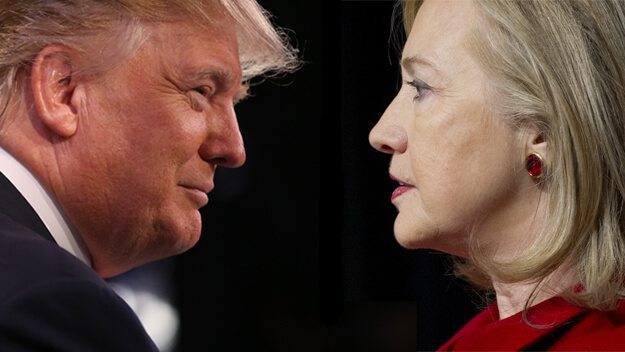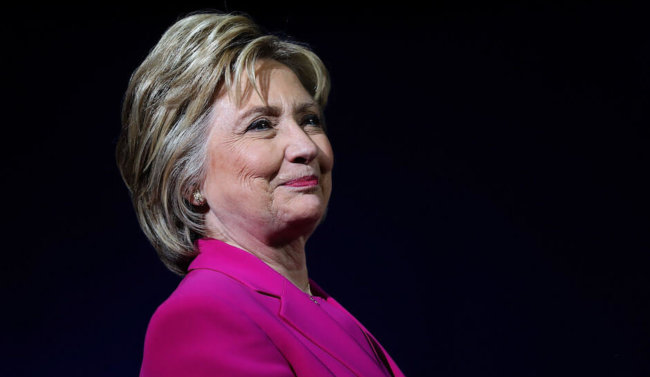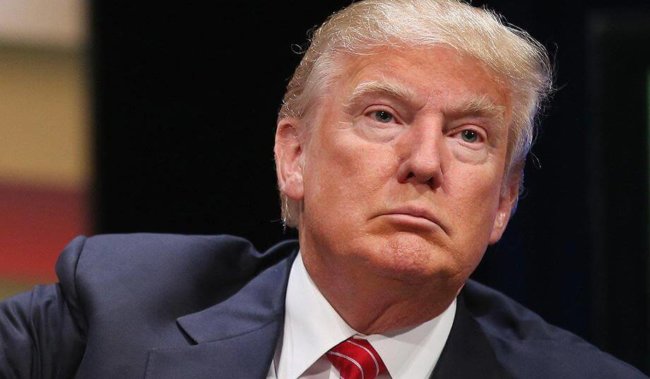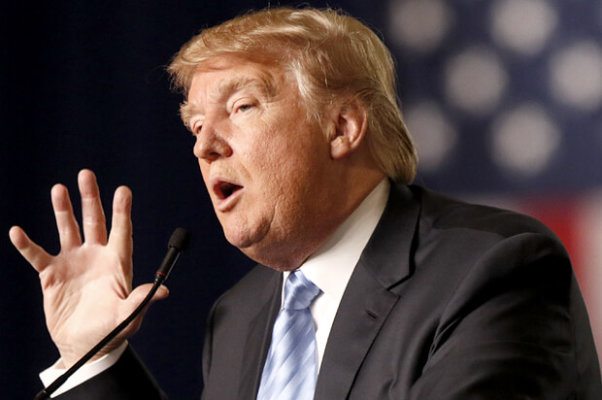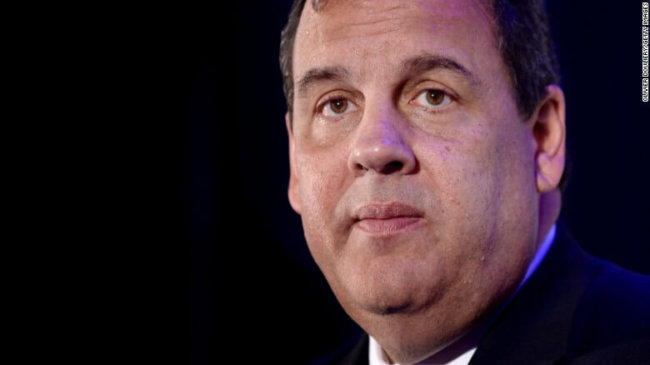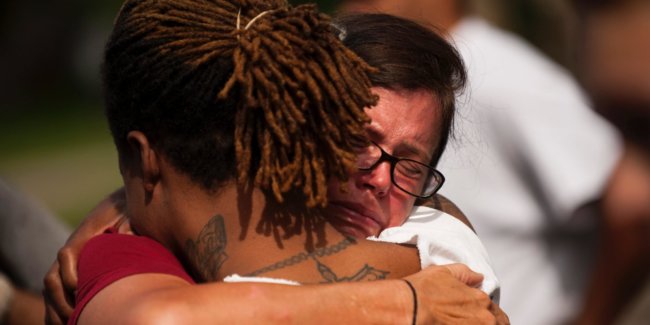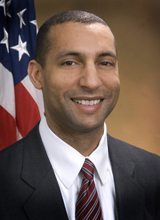
Spencer Overton is a professor The George Washington University Law School and a senior fellow at Demos, a liberal research organization, and he teaches and writes on voting rights. He is the author of the book Stealing Democracy: The New Politics of Voter Suppression.
Below are four questions put to Mr. Overton regarding the The Supreme Court’s decision today to strike down a central part of the Voting Rights Act, Section 4:
Q. How would you summarize the decision in a single sentence?
A. The court effectively rolled back an important provision of the Voting Rights Act, ruling that the Act’s formula requiring federal pre-approval of election changes for some states but not others was outdated because it was based on data from the 1960s and 70s.
Q. Did anything in it — or in the justices’ votes — surprise you?
A. I was not surprised by the votes of the particular justices.
Q. How will the ruling affect elections and voting? How will it affect minority turnout and representation?
A. Overwhelming evidence shows that many state and local politicians continue to win elections by unfairly manipulating election rules, and the court’s decision will only make this problem worse. The biggest problem will be the under-the-radar manipulation of election rules for local offices like city councils, county commissions, school boards, and sheriffs. These offices are often non-partisan and escape national attention, but make important decisions related to schools, criminal justice, health and family services, and economic opportunity that directly affect our daily lives. Local manipulation is a real problem—over 85 percent of all election rule changes rejected as unfair under Section 5 were at the local level. In Nueces County, Tex., for example, the rapidly growing Latino community surpassed 56 percent of the county’s population, and in response county officials gerrymandered local election districts to diminish the ballots of Latino voters. Without Section 5 protections to block this type of racial manipulation, voters in many areas like Nueces County will lack the thousands (and sometimes millions) of dollars needed to bring a lawsuit and stop these unfair changes.
Q. What’s next for the Voting Rights Act?
A. Congress should update the Voting Rights Act. First, Congress should update pre-clearance so that states and localities that have recently violated voting rights or do so in the future are required to submit their election rule changes to federal officials for pre-approval. Second, Congress should streamline litigation, so that it is more efficient and effective in stopping unfair election rules before they are used in elections and harm voters. Third, Congress should require that states and localities with significant minority populations disclose information about the effects of their election law changes—more transparency would deter bad activity.
Source: New York Times
Congress should update the VRA. In fact, in my opinion it should have done so in the period between 1970 and 2006, when the act was up for renewal . The corrupt political situations that were evident in the 60’s, which prompted the creation of the bill, showed themselves to be alive and well during the 2012 election for President of the United States. ~ A. Conton

